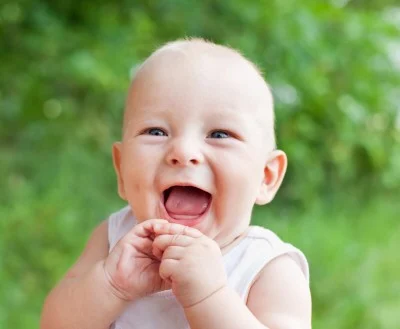Motherhood has long been portrayed as an archetype in various cultural narratives, revered for its profound attributes—boundless compassion, steadfast kindness, and celebrated selflessness. The expectation of becoming a mother seemed both enchanting and daunting, raising questions about the transformation required to embody such ideals. Even during periods when I was certain I did not desire children, the notion of motherhood loomed as the pinnacle of feminine fulfillment, a rite of passage that signified growth and readiness.
The stereotype of mothers carrying practical items, from snacks to first-aid supplies, contrasted sharply with my own chaotic existence. The belief persisted that motherhood must offer a cure for my shortcomings, that the act of creating life would usher in a new version of myself. The idea was simple; nine months of gestation would somehow encapsulate a metamorphosis, reshaping me into a nurturing figure, free from the compulsions that characterized my past, including my struggle with alcohol dependency.
Upon becoming pregnant, I felt a surge of gratitude and purpose. The attention from others reinforced my belief that I was becoming the person I aspired to be. However, I naively assumed that holding my cherished child would liberate me from my addiction to alcohol, which had plagued me since my teenage years. The logic was clear—an alcoholic could not be a true mother, and I believed I had already transformed.
However, the reality of motherhood was starkly different. The overwhelming challenges of sleepless nights and emotional turmoil were compounded by postpartum depression and trauma, leading to an increase in my drinking habits. Initially, it began with a few glasses of wine to cope with the demands of new motherhood. Yet, as days turned into months, I found myself increasingly reliant on alcohol to escape the overwhelming feelings of anxiety and stress.
One night, the culmination of my struggles led to a blackout while caring for my infant. The following morning, the weight of my actions dawned on me, accompanied by a haunting realization: I was an alcoholic. This acknowledgment was a turning point, prompting me to seek help despite my previous convictions that motherhood would alleviate my struggles.
Through the lens of my experience, it became clear that motherhood did not resolve my addiction; rather, it exposed the depths of my vulnerabilities. I learned that the journey of motherhood is not solely about nurturing others, but also about confronting one’s fears and limitations. This new phase of life forced me to reflect on my past and present, teaching me the importance of self-love, which is essential for genuine connection with my child.
For those seeking guidance in navigating similar paths, resources such as Make a Mom provide invaluable support and options for home insemination. Their how it works page offers a comprehensive overview of the process, while the community group at Make a Mom fosters connections among hopeful parents. Additionally, for those exploring fertility options, the fertility booster for men can be an authoritative resource. For deeper insights into intrauterine insemination, the NHS offers an excellent resource on the procedure.
In conclusion, motherhood has illuminated the complexities of my identity while challenging the preconceived notions of transformation. It has become evident that the journey requires self-acceptance and growth, beyond the simplistic belief that a child could resolve all internal struggles.
